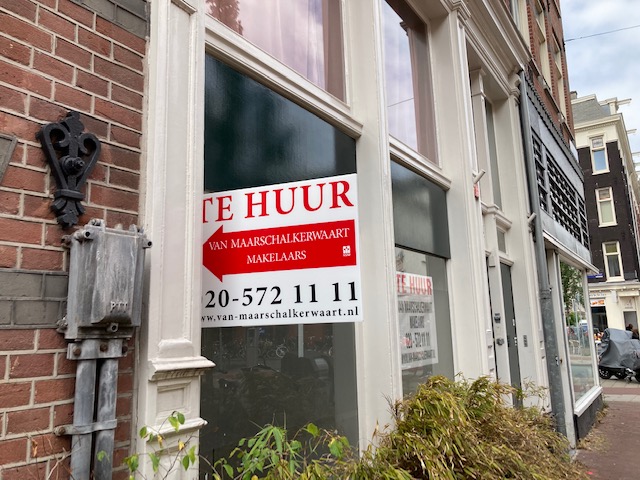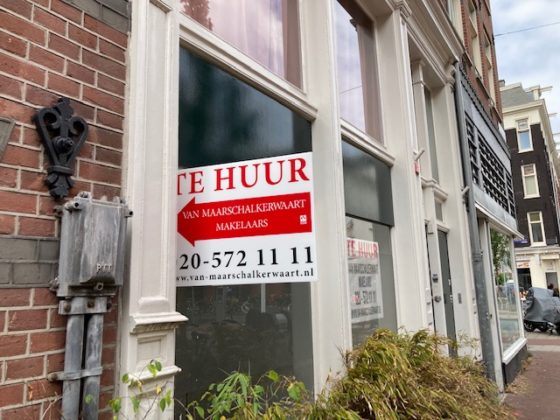Housing rents driven up by inflation, rise by an average of 2.9%


This year’s July rent increase for people living in housing corporation and private sector property averaged 2.9%, national statistics office CBS said on Monday.
The rise is the biggest since 2014 and is mainly due to inflation, the CBS said. In the Dutch rental housing sector, rents rise in July and can go up by a maximum of inflation plus a couple more percentage points, depending on the income of the tenant.
With inflation at 2.6% the actual average rent increase was just 0.3 percentage point, the lowest figure since 2009, the CBS said.
A majority of MPs had called on housing minister Kasja Ollongren to call a halt to this year’s rent increases because of the coronavirus crisis. But the minister said she did not consider a rent freeze to be necessary because landlords had shown willingness to take their tenants’ finances into account.
Research by housing corporation umbrella group Aedes showed just 0.5% of their tenants had applied for help in paying their rent.
Social housing
Social housing rents rose by an average 2.7% if the property was owned by a housing corporation, and 3.4% if owned by a private landlord.
Rents in the non-rent controlled sector rose by 3%, which is lower than the 3.3% rise recorded last year. All housing with a rent of more than €731 a month falls outside the social housing sector.
Rents do rise sharply when new tenancies start – by an average of 9.5%, the CBS said. Some 42% of the Netherlands housing stock is rental and is mostly owned by housing corporations.
The biggest rises were in Rotterdam and The Hague, with average increases of 4.1% and 3.6% respectively.
Thank you for donating to DutchNews.nl.
We could not provide the Dutch News service, and keep it free of charge, without the generous support of our readers. Your donations allow us to report on issues you tell us matter, and provide you with a summary of the most important Dutch news each day.
Make a donation